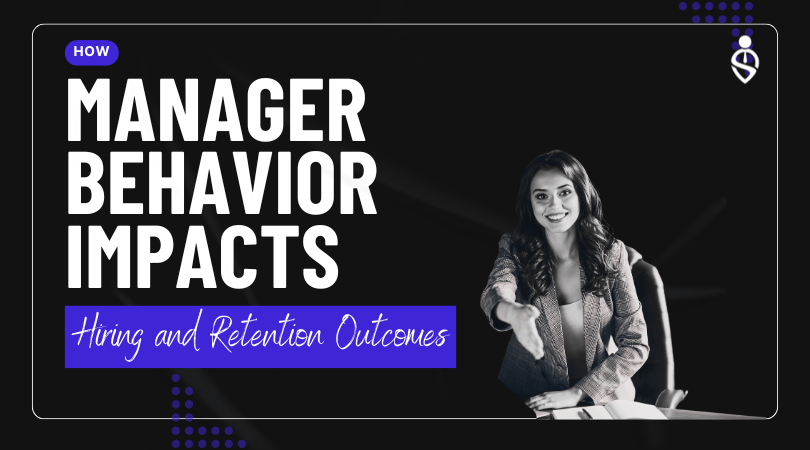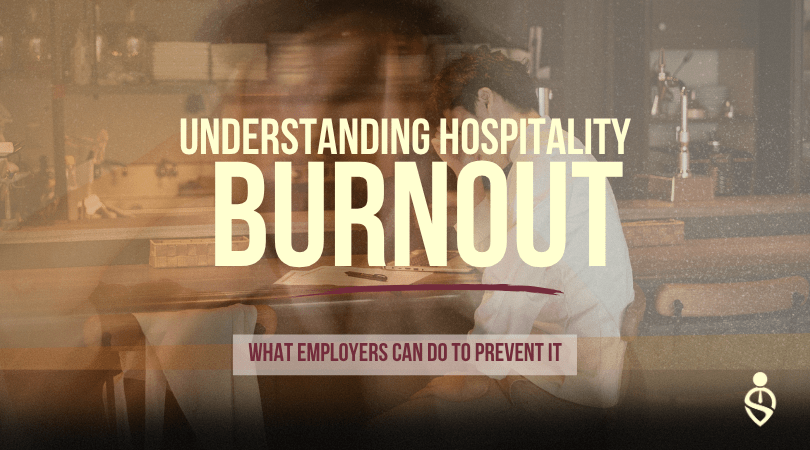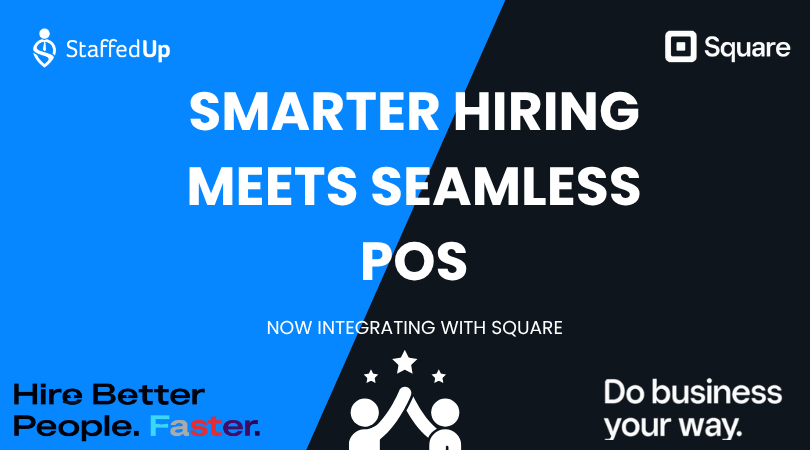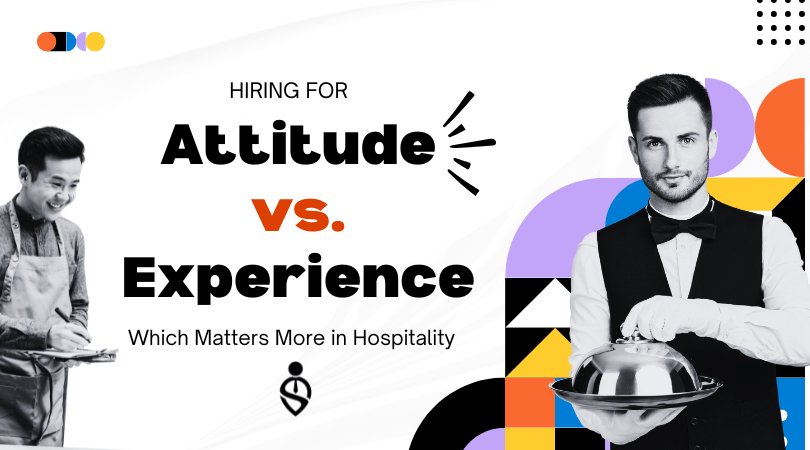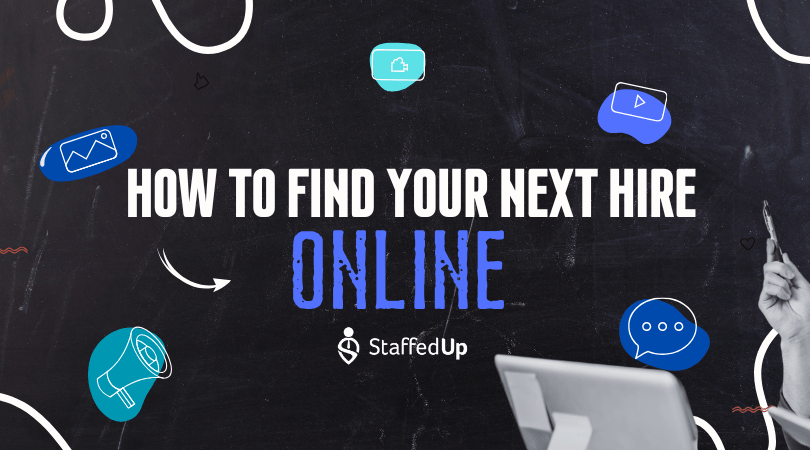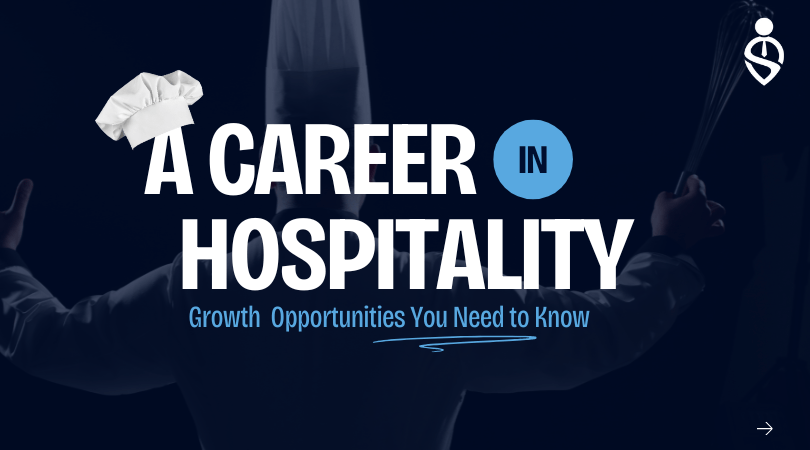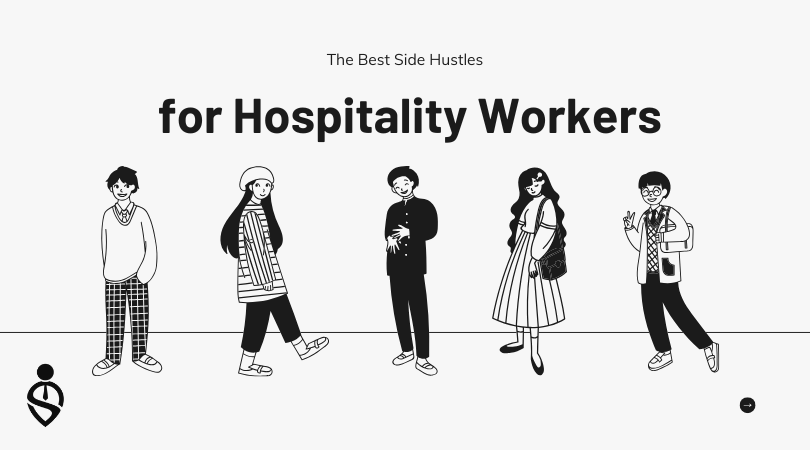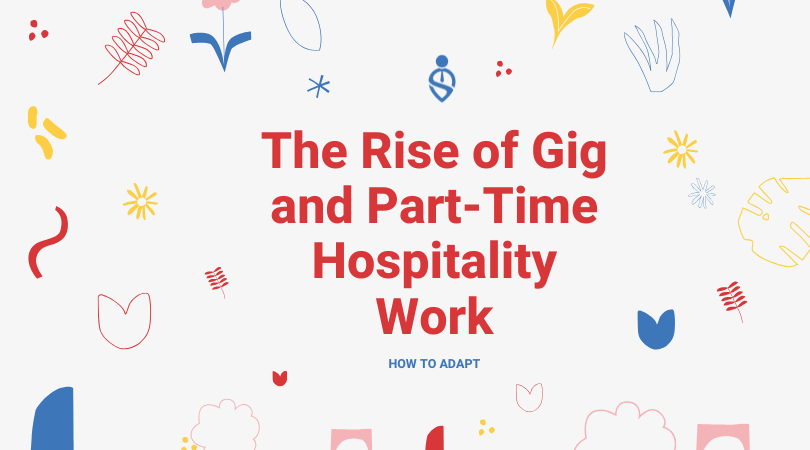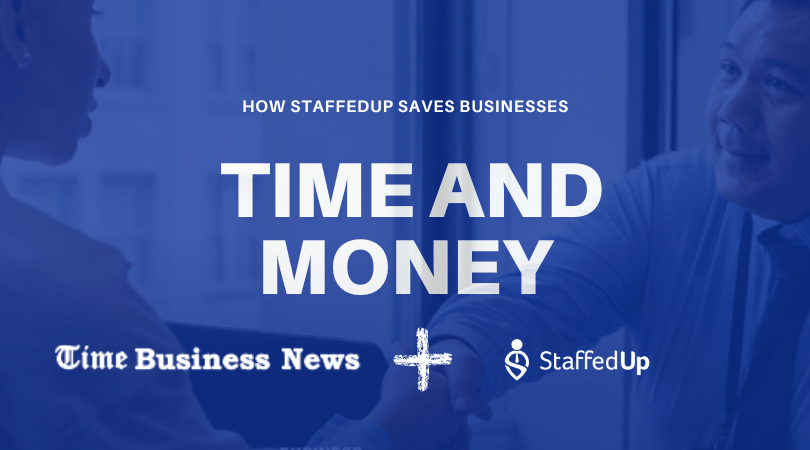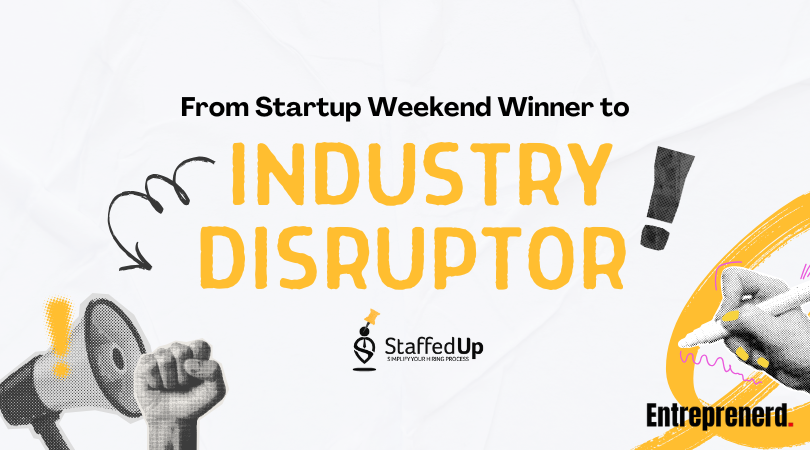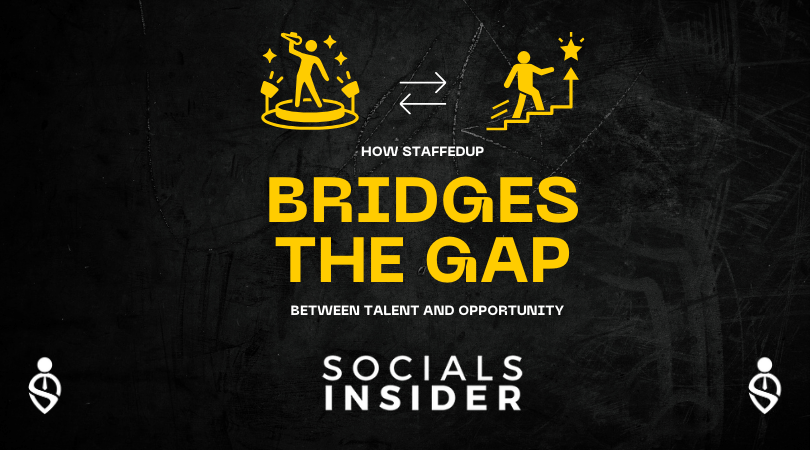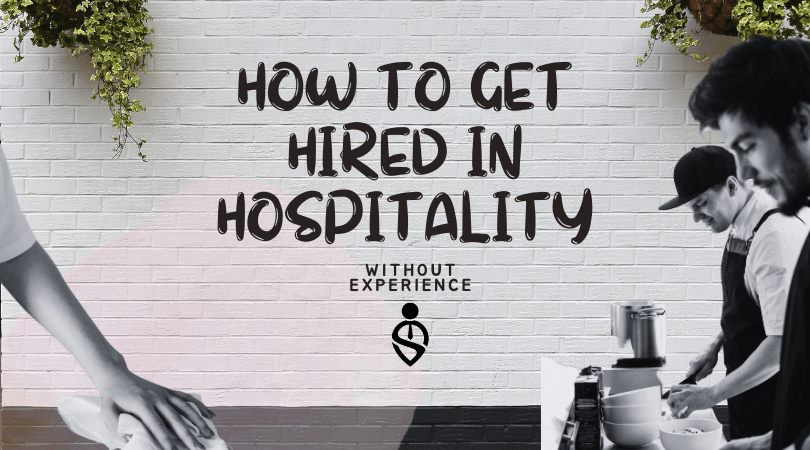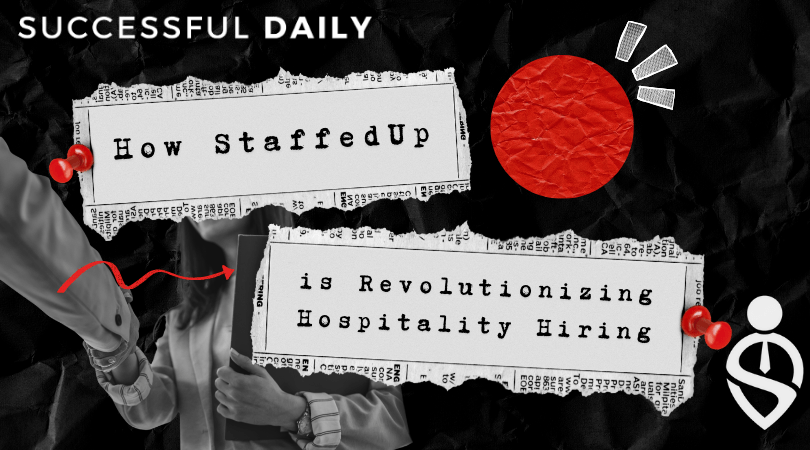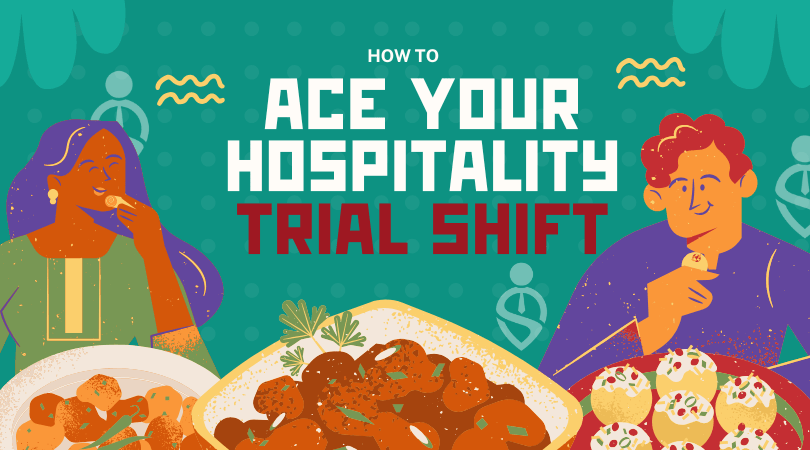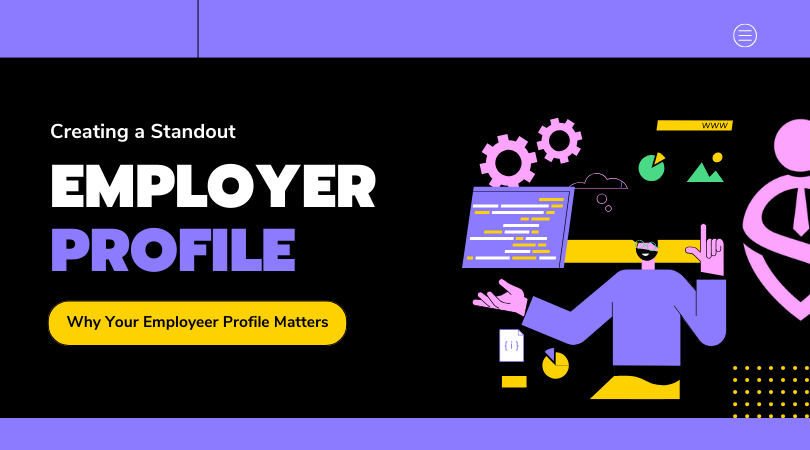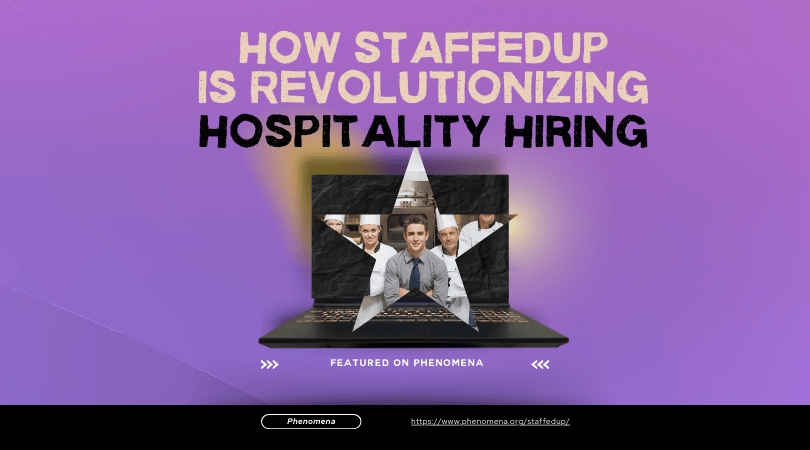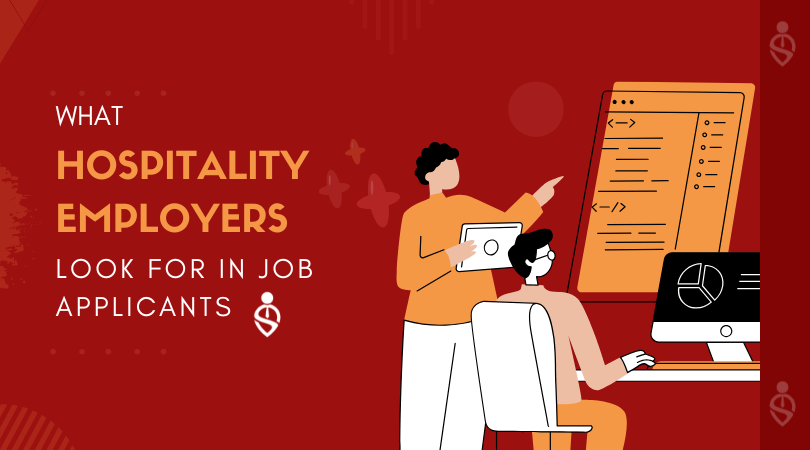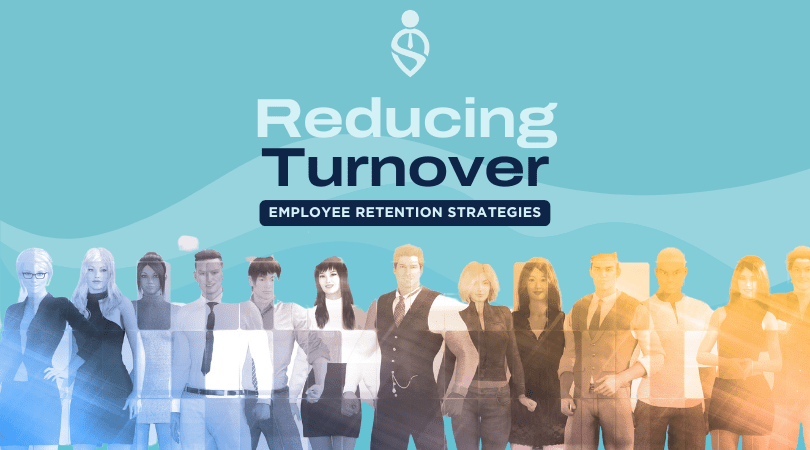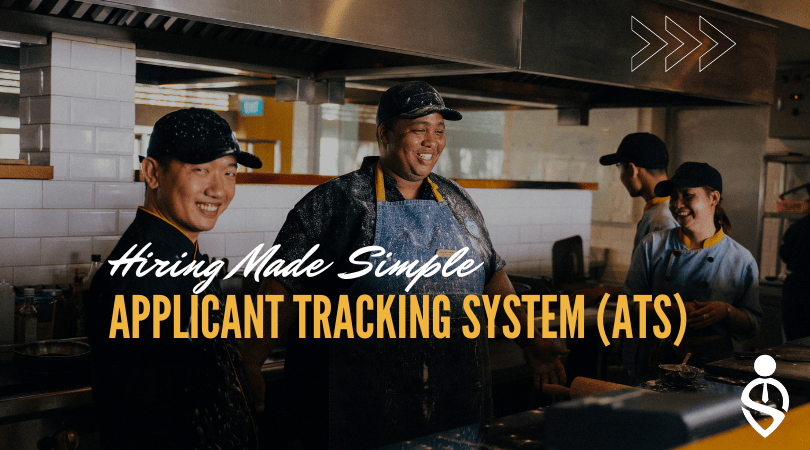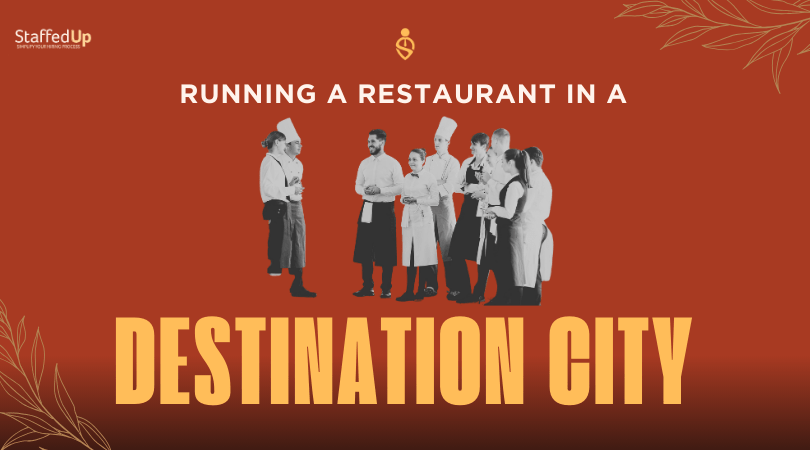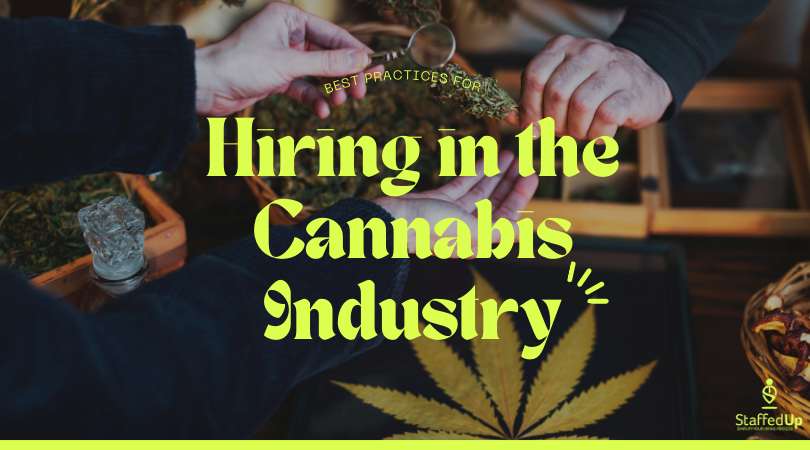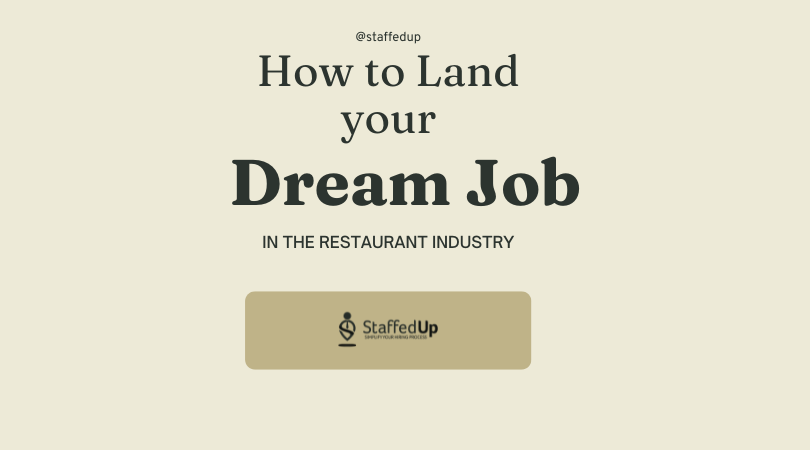The hospitality industry is built on people—servers who remember regulars’ names, bartenders who keep guests coming back, and managers who create a team environment that runs smoothly even during the Friday dinner rush. But behind the scenes, hospitality leaders face a constant challenge: employee turnover.
In fact, turnover in hospitality is consistently among the highest of any industry. According to the U.S. Bureau of Labor Statistics, the accommodation and food services sector saw an annual quit rate nearly twice the national average in 2024. For restaurant and hotel operators, this isn’t just a headache—it’s a financial strain, a disruption to service quality, and a threat to long-term success.
The good news? With intentional strategies, employers can flip the script. Instead of constantly backfilling roles, you can retain your best employees, reduce costs, and build a reputation as a workplace people want to stay in.
In this blog, we’ll dive into practical employee retention strategies for hospitality in 2025, with examples, actionable steps, and proven approaches you can implement right away.
1. Build a Positive Workplace Culture
Culture isn’t fluff—it’s the foundation of retention. In a high-pressure industry like hospitality, culture can be the deciding factor between a server walking out mid-shift or sticking around for years.
- Foster open communication: Conduct regular check-ins and encourage feedback. Show staff their concerns don’t just get heard, but acted upon.
- Create inclusivity: A diverse and welcoming workplace is essential for modern hospitality teams, especially with Gen Z workers entering the industry in droves.
- Recognize the grind: Hospitality staff face long hours, demanding guests, and nonstop multitasking. Build a culture where hard work is respected.
📖 Related: How to Build a Winning Workplace Culture
2. Offer Competitive Pay and Benefits
Pay isn’t everything, but let’s be honest—it matters. In an industry known for low wages, employers who go above and beyond the minimum stand out immediately.
Consider:
- Health benefits: Even modest health plans can be a game-changer.
- Paid time off: Hospitality staff burn out fast—offer PTO and encourage them to use it.
- Performance-based bonuses: Reward top servers, bartenders, and managers with tangible incentives.
- Perks that matter: Free or discounted meals, transportation stipends, or wellness credits.
A Gallup workplace study found that employees who feel their compensation is fair are 43% less likely to quit.
📖 Related: What Motivates Today’s FOH Staff (Hint: It’s Not Just Money)
3. Provide Clear Growth Opportunities
Hospitality often gets labeled as a “temporary job,” but many professionals are looking for careers. If employees feel stuck, they’ll leave—fast.
Strategies to promote growth:
- Training programs: Invest in skill-building for FOH and BOH staff.
- Cross-training: Servers can learn bartending; hosts can learn management basics.
- Leadership development: Show clear steps for moving into shift lead or management roles.
According to LinkedIn’s 2024 Workplace Learning Report, 94% of employees say they’d stay longer if their employer invested in their development.
📖 Related: Retaining Gen Z Workers: Strategies for Success
4. Recognize and Reward Hard Work
Recognition is cheap, but its impact is massive. A well-timed “thank you” from a manager can boost morale far more than you might expect.
Ideas to implement:
- Employee of the Month: Go beyond a plaque—offer a real perk like a bonus shift choice.
- Public recognition: Shout out staff at pre-shift meetings.
- Small incentives: Gift cards, free meals, or extra time off.
Recognition programs help employees feel valued and reduce feelings of hospitality burnout.
📖 Related: Hospitality Burnout: What Employers Can Do to Prevent It
5. Improve Hiring to Find the Right Fit
Retention starts long before someone’s first shift—it begins in the hiring process. If you’re constantly hiring the wrong people, turnover will always be an issue.
Key steps:
- Streamline your hiring process: Don’t lose great candidates to clunky applications.
- Hire for culture fit, not just skills: Skills can be trained, attitude and values cannot.
- Use industry-specific tools: General job boards often bring in unqualified applicants.
📖 Related: Simplifying Hiring: Why You Need an Industry-Specific ATS
6. Onboard Effectively
Even the best hires will churn quickly if onboarding is weak. Hospitality workers need to feel set up for success from day one.
- Structured first week: Don’t throw them into chaos—build a clear onboarding schedule.
- Assign mentors: Pair new hires with experienced staff for support.
- Teach culture, not just tasks: Onboarding should include values, expectations, and growth paths.
📖 Related: Onboarding Tips to Ensure Your New Hires Stay
7. Address Burnout Proactively
Hospitality is physically and emotionally demanding. Long shifts, late nights, and customer pressure wear staff down quickly.
- Schedule smartly: Avoid overloading your best employees.
- Encourage breaks: Legally required or not, staff need rest.
- Normalize mental health: Offer support resources or wellness programs.
The American Psychological Association notes burnout is one of the leading reasons employees leave high-stress industries.
📖 Related: How to Check in with Employee Happiness
8. Build Loyalty Through Leadership
People don’t quit jobs—they quit managers. Strong, supportive leadership is one of the biggest retention drivers in hospitality.
- Train managers in coaching, not just scheduling.
- Encourage transparency and open communication.
- Hold leadership accountable for turnover metrics.
📖 Related: Reducing Turnover: Employee Retention Strategies
How StaffedUp Helps Hospitality Employers Retain Staff
At the end of the day, retention starts with hiring the right people. That’s where StaffedUp comes in. Our platform makes it easy to:
- Attract qualified, hospitality-specific talent.
- Showcase your culture and values to find the right fit.
- Streamline the hiring process so you don’t lose great candidates.
With StaffedUp, you don’t just fill shifts—you build teams that stick.
📖 Related: Why Job Seekers Are Ignoring Your Listing—And How to Fix It
FAQs About Employee Retention in Hospitality
1. Why is turnover so high in hospitality?
Turnover is driven by low pay, unpredictable schedules, and burnout. Employers who address these challenges see improved retention.
2. What’s the #1 retention strategy for restaurants?
Competitive pay and scheduling flexibility remain top drivers, but culture and recognition are equally critical.
3. How can small restaurants compete with large chains?
Independent operators often win by offering stronger culture, flexibility, and a sense of community.
4. Does technology really help with retention?
Yes—tools like StaffedUp reduce bad hires, speed up hiring, and improve the candidate experience.
5. How do I know if my culture is hurting retention?
Look at your exit interviews, turnover rate, and online reviews. If employees leave after a few months, culture may be the culprit.
Final Thoughts
Employee turnover is expensive, disruptive, and draining—but it’s not inevitable. By building culture, offering growth, recognizing hard work, and hiring smarter, hospitality employers can build loyal teams that stick around.
The best part? Every step you take toward retention improves not just employee experience, but guest experience—and in hospitality, that’s everything.
👉 Ready to hire smarter and retain top talent? Get started with StaffedUp today.

